Historic kings with reputations for erratic behavior
History is peppered with monarchs who were as eccentric as they were powerful. Their decisions often baffled their subjects and historians alike, but they remain some of the most captivating figures of their time.
From building extravagant castles to losing entire colonies, these rulers left indelible marks on their nations. Let’s take a lighthearted journey through the lives of some of history’s most intriguing sovereigns, each with their own unique quirks and legacies.
King Ludwig II of Bavaria: The Dreamy Monarch with a Passion for Castles
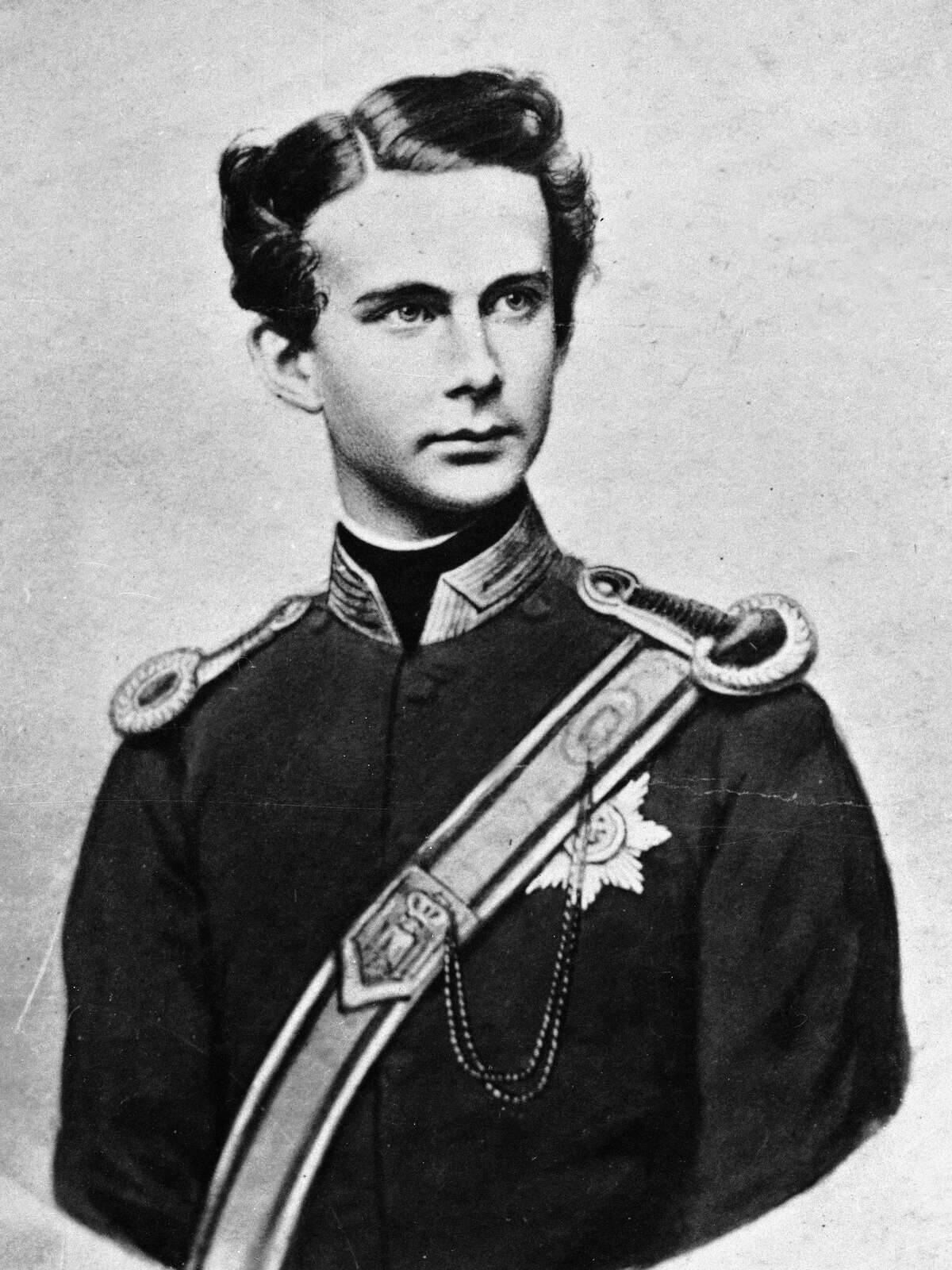
King Ludwig II of Bavaria, often called the ‘Fairy Tale King,’ was renowned for his extravagant castle-building projects. Neuschwanstein Castle, his most famous creation, looks like something straight out of a storybook and even inspired Disney’s Sleeping Beauty Castle.
Ludwig’s love for castles wasn’t just for show; he saw them as personal retreats and expressions of his romantic ideals. Despite his grand visions, his spending habits eventually led to financial troubles and his mysterious deposition and death.
King Henry VIII of England: The King with a Penchant for Wives
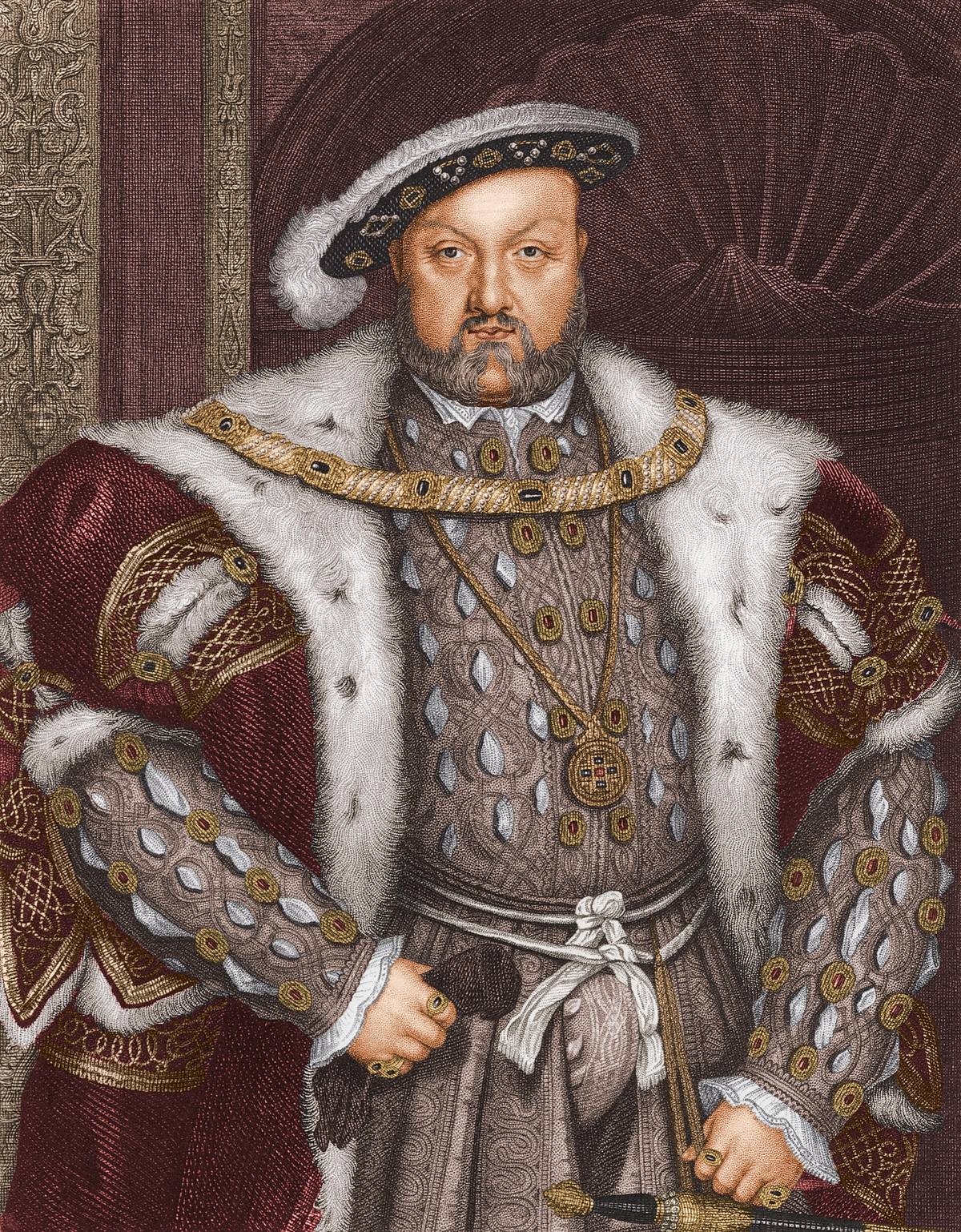
King Henry VIII is perhaps best known for his six marriages, a dramatic saga that changed the course of English history. His desire for a male heir led to the English Reformation as he broke away from the Catholic Church to annul his first marriage.
Henry’s tumultuous love life included two beheaded queens and the establishment of the Church of England. Despite his personal life making headlines, he was also a patron of the arts and an influential monarch.
King Charles VI of France: The Mad King Who Believed He Was Made of Glass
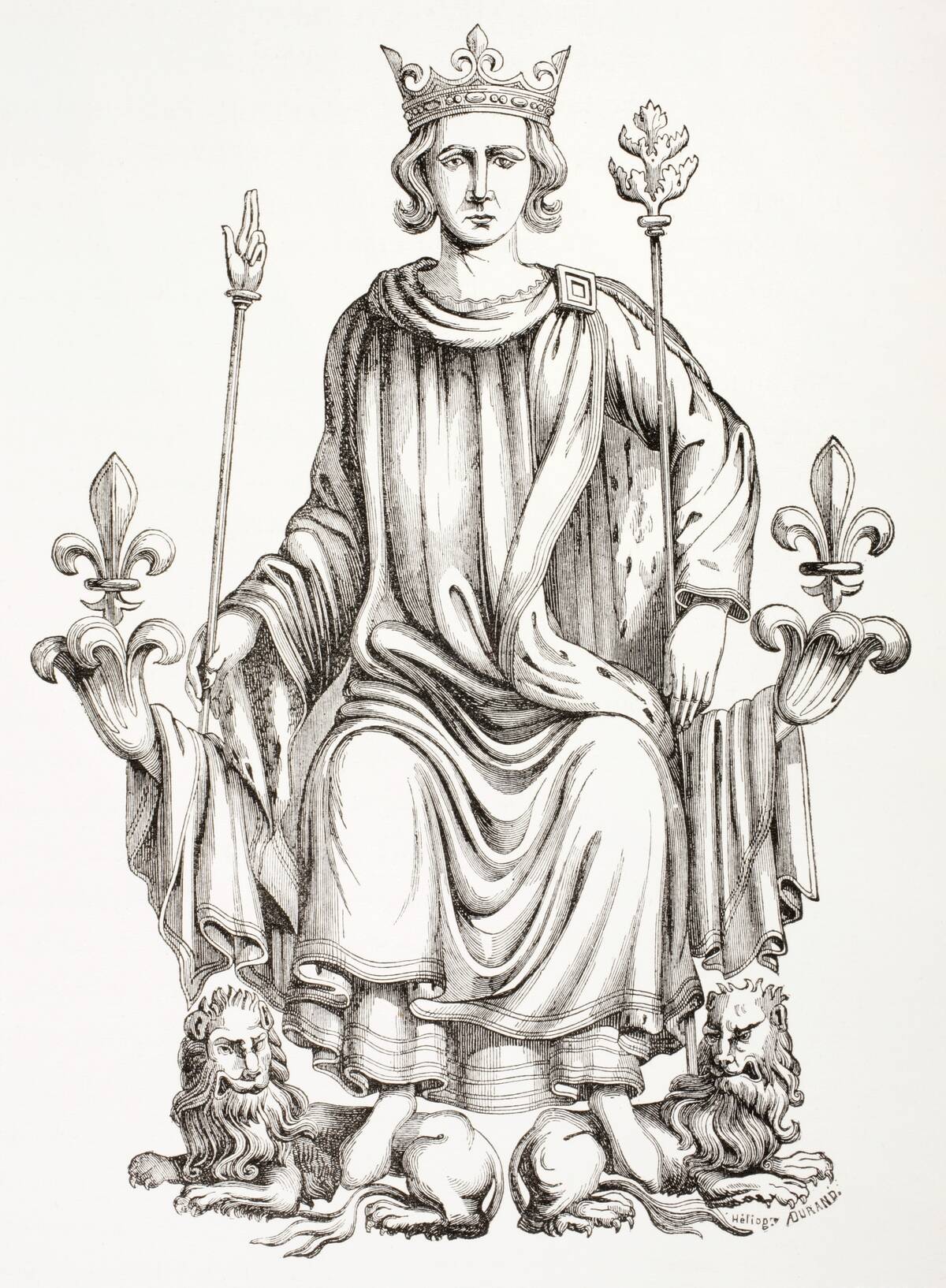
King Charles VI of France, nicknamed ‘Charles the Mad,’ was plagued by bouts of mental illness throughout his reign. One of his most peculiar delusions was the belief that he was made of glass and could shatter at any moment.
This odd belief led him to wear reinforced clothing and avoid physical contact. Charles’s mental health issues destabilized France, contributing to the Hundred Years’ War. Yet, his reign is also remembered for the cultural developments of the French court.
Emperor Caligula of Rome: The Eccentric Emperor who Wanted a Horse in his Cabinet
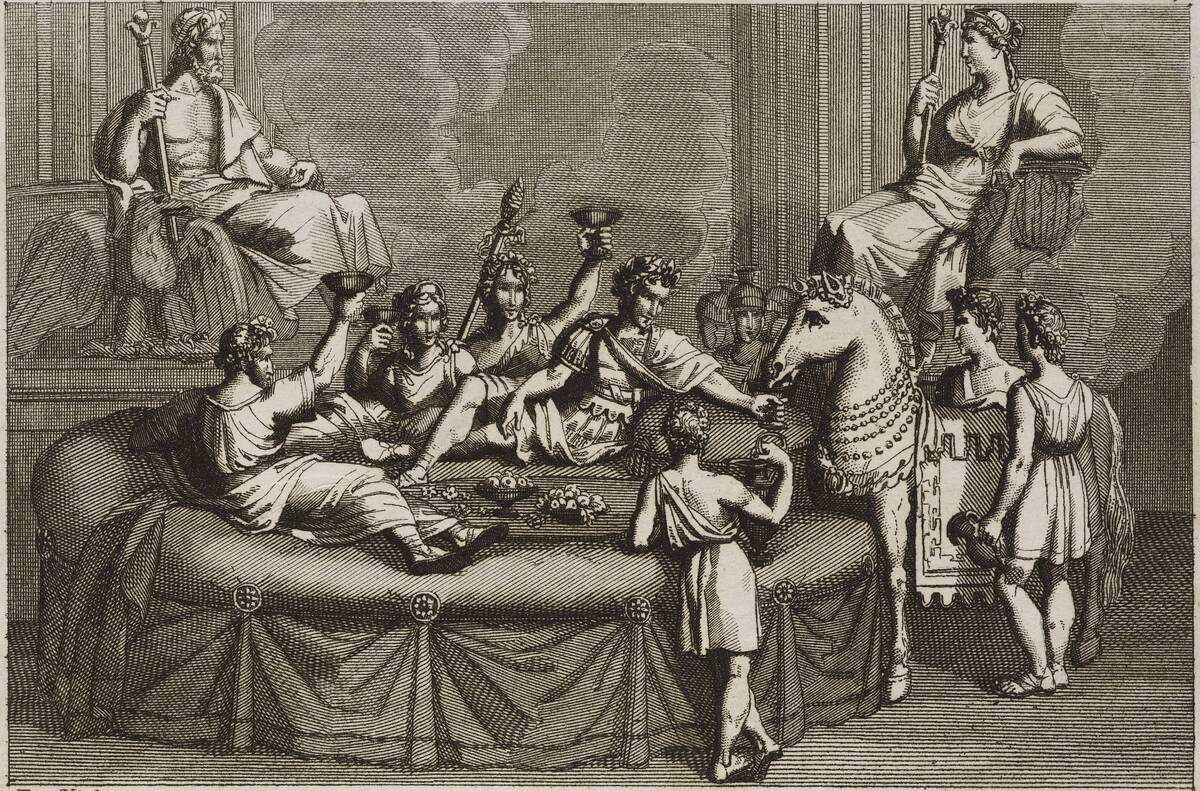
Caligula, the Roman Emperor, is remembered for his bizarre and tyrannical rule. Among his many eccentricities (most of which were horrifically depraved and violent), Caligula reportedly had a fondness for animals, especially his horse, Incitatus.
He famously attempted to appoint Incitatus as a consul, showcasing his disregard for political norms. Historians now suspect he meant that as an extended joke, but it’s difficult to tell with him. His reign was marked by extravagant spending and cruelty, which eventually led to his assassination. Despite his short rule, Caligula’s antics left a lasting impression on Roman history.
King George III of England: The Monarch Who Lost America
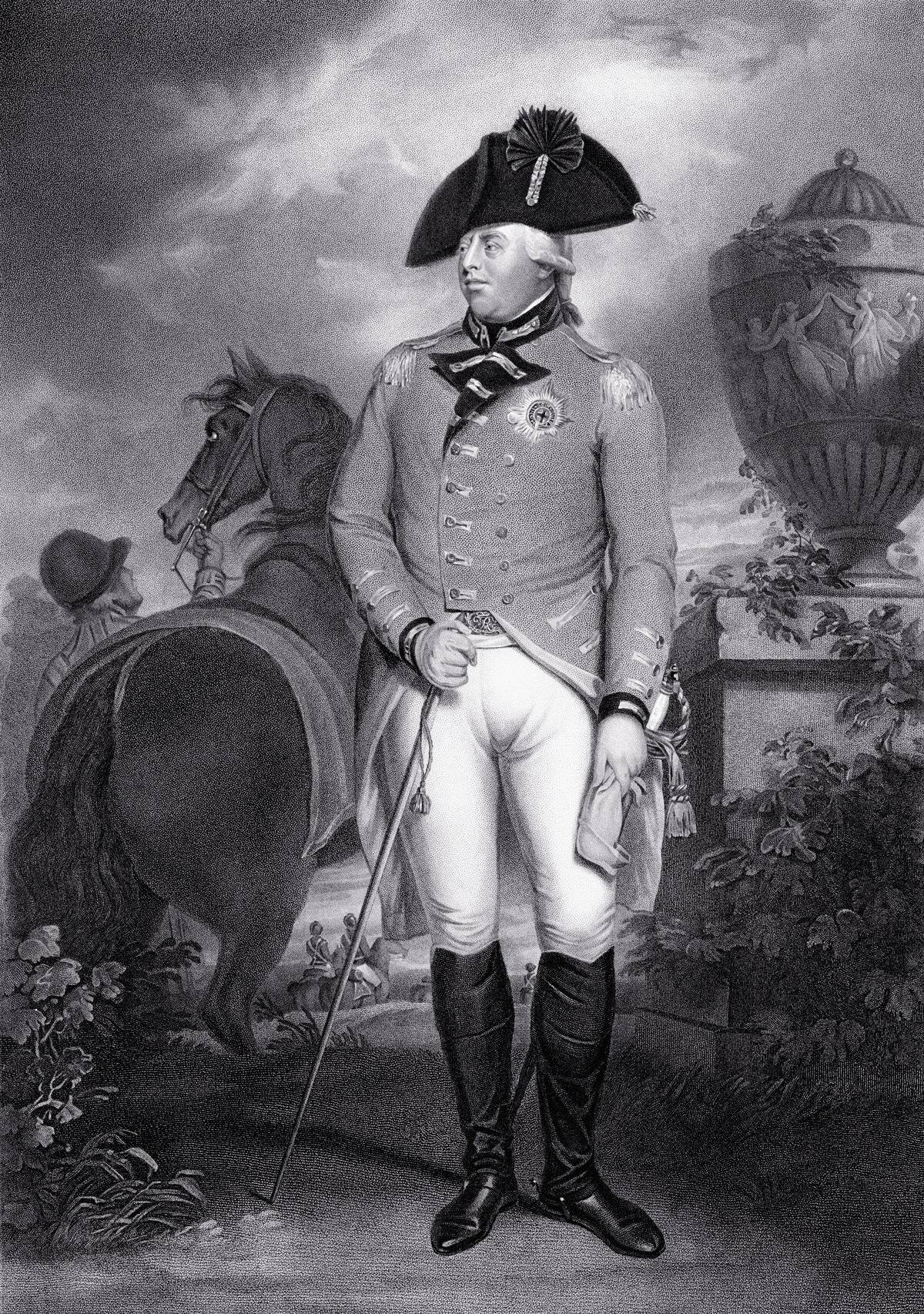
King George III is often remembered as the monarch who presided over the loss of the American colonies. His reign faced numerous challenges, including the American Revolutionary War and his bouts of mental illness later in life.
Despite his reputation in America, George was seen as a devoted king in Britain, advocating for agricultural advancements and the arts. His long reign also coincided with the Industrial Revolution, shaping modern Britain’s economic landscape.
Emperor Nero of Rome: The Artistic Emperor with a Fiery Reputation
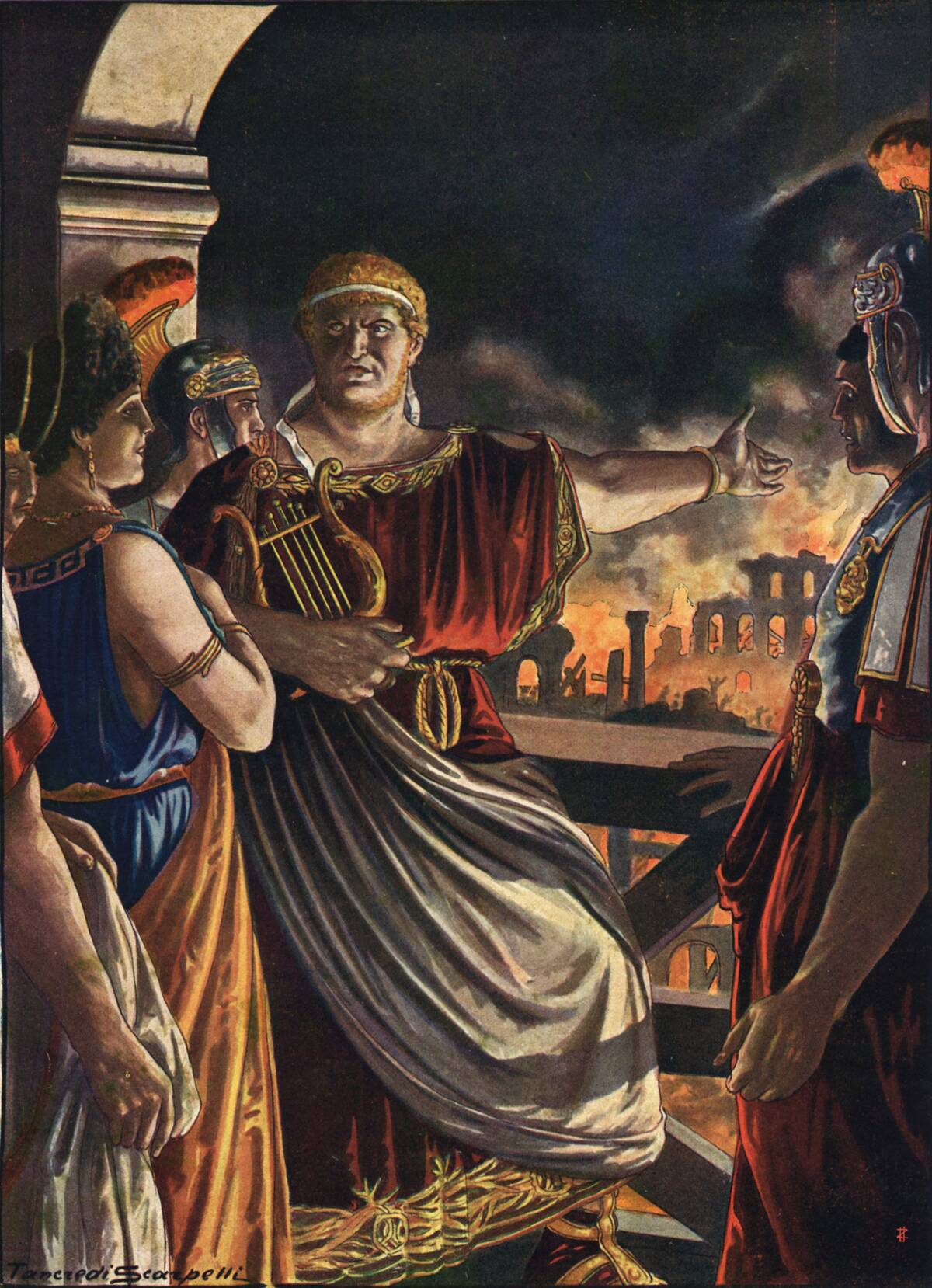
Emperor Nero is infamous for his artistic ambitions and the Great Fire of Rome, which many blamed on him. Nero was a passionate patron of the arts, often performing in public as a singer and actor, much to the disdain of the Roman elite.
While his role in the fire is dubious because he was miles away when it started, his subsequent actions, like building the extravagant Domus Aurea, fueled rumors of his guilt. Nero’s reign ended in chaos, marked by his dramatic fall from power and eventual death by his own hand.
King Christian VII of Denmark: The Puppet King with a Wild Streak
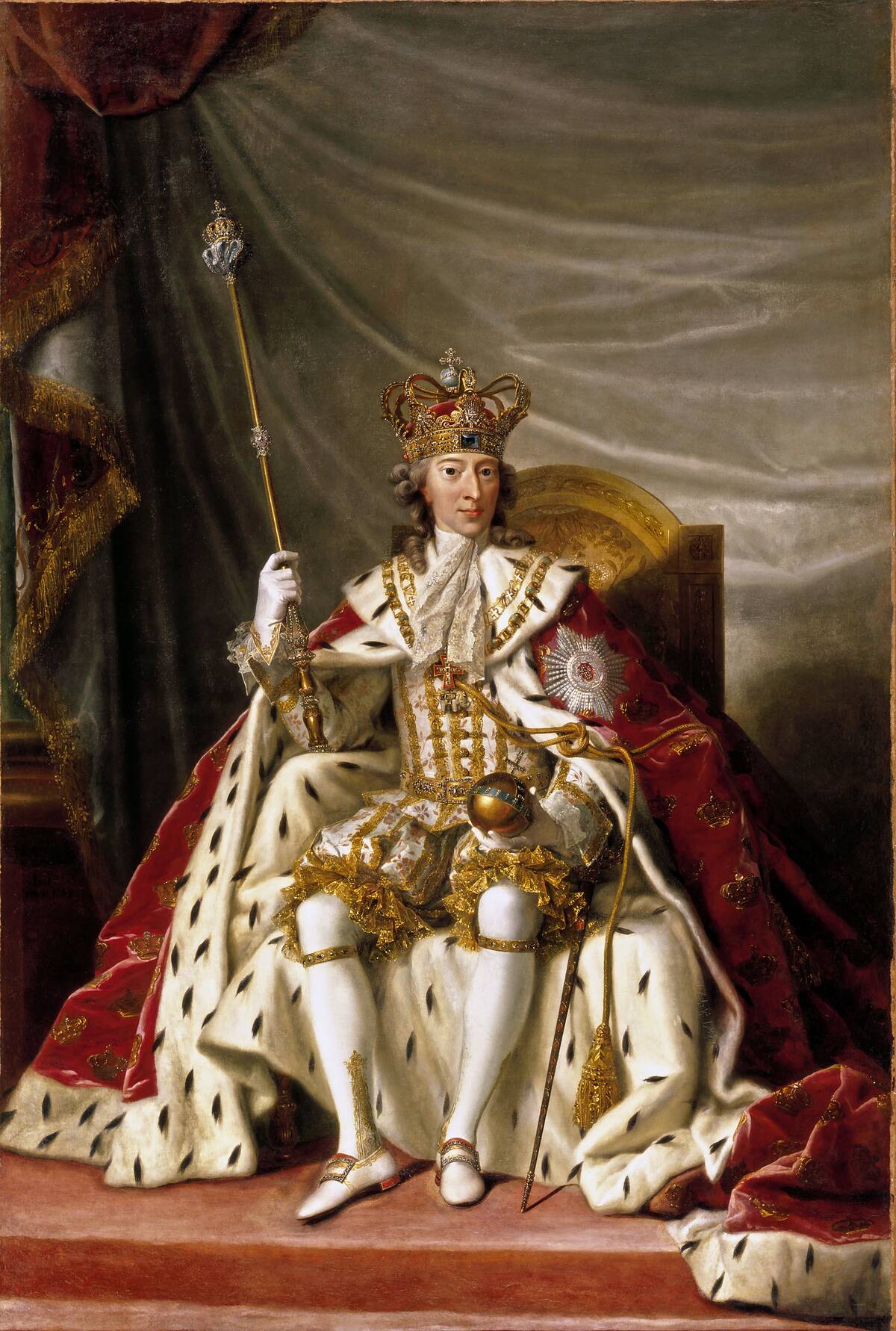
King Christian VII of Denmark and Norway is remembered for his erratic behavior and the influence of his court advisors. Suffering from mental illness, Christian’s reign was effectively controlled by his physician and a cunning courtier, Johann Struensee.
Despite his challenges, the period saw significant reforms, including the abolition of torturous punishments and increased press freedom, thanks to Struensee’s influence. Christian’s tumultuous personal life and the intrigue at court make his reign a fascinating chapter in Danish history.
King Ivan the Terrible of Russia: The Fearsome Tsar with a Dark Legacy
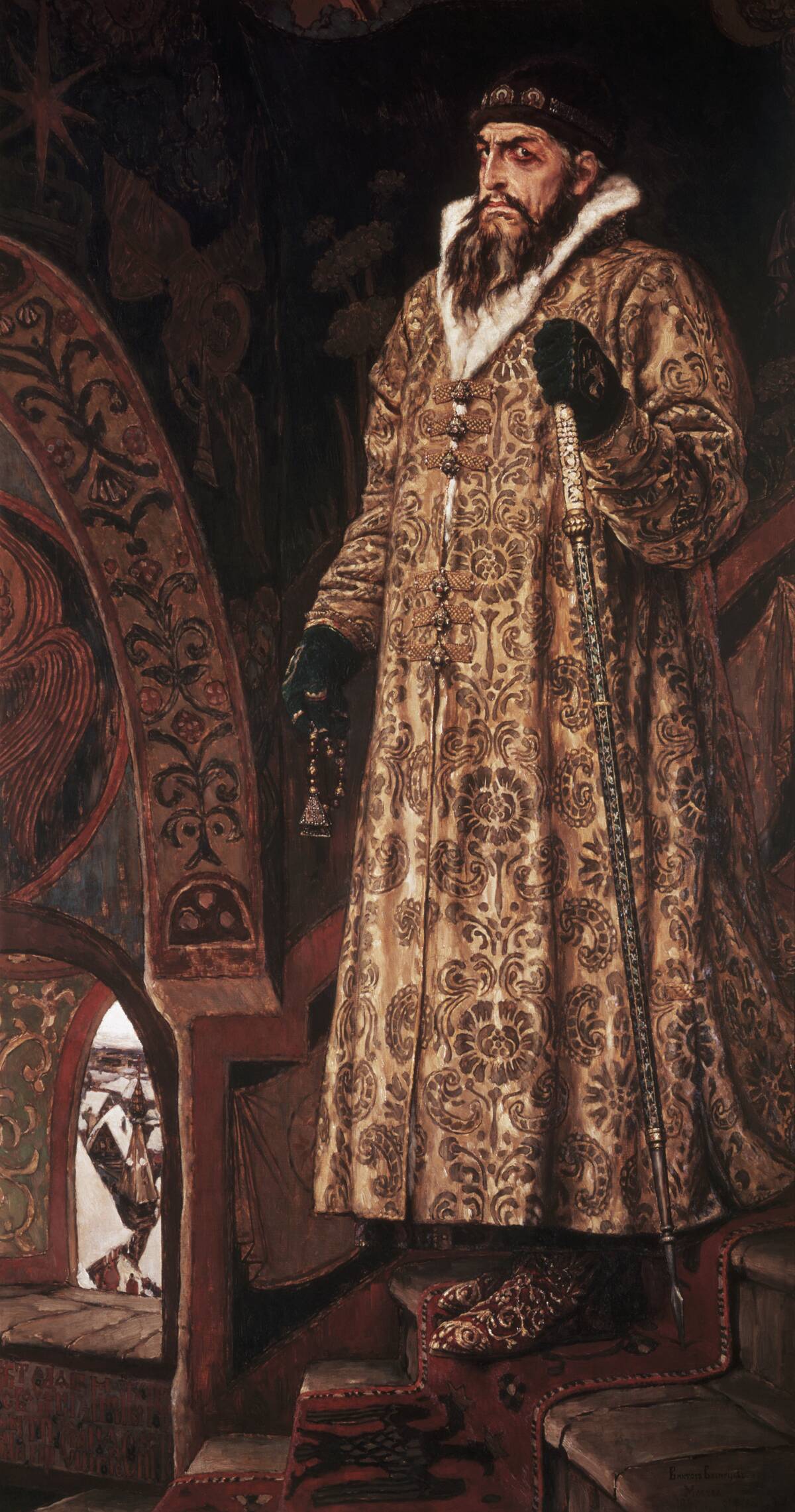
Ivan IV of Russia, known as Ivan the Terrible, was the first tsar and a complex figure in Russian history. His reign began with promising reforms and territorial expansion, but it later descended into tyranny and violence.
Ivan’s creation of the Oprichnina, a state policy of mass repression, marked his rule with fear and brutality. Despite his fearsome reputation, Ivan’s era saw the foundation of a centralized Russian state, leaving a lasting impact on the nation.
Sultan Ibrahim I of the Ottoman Empire: The Sultan Known for His Excesses
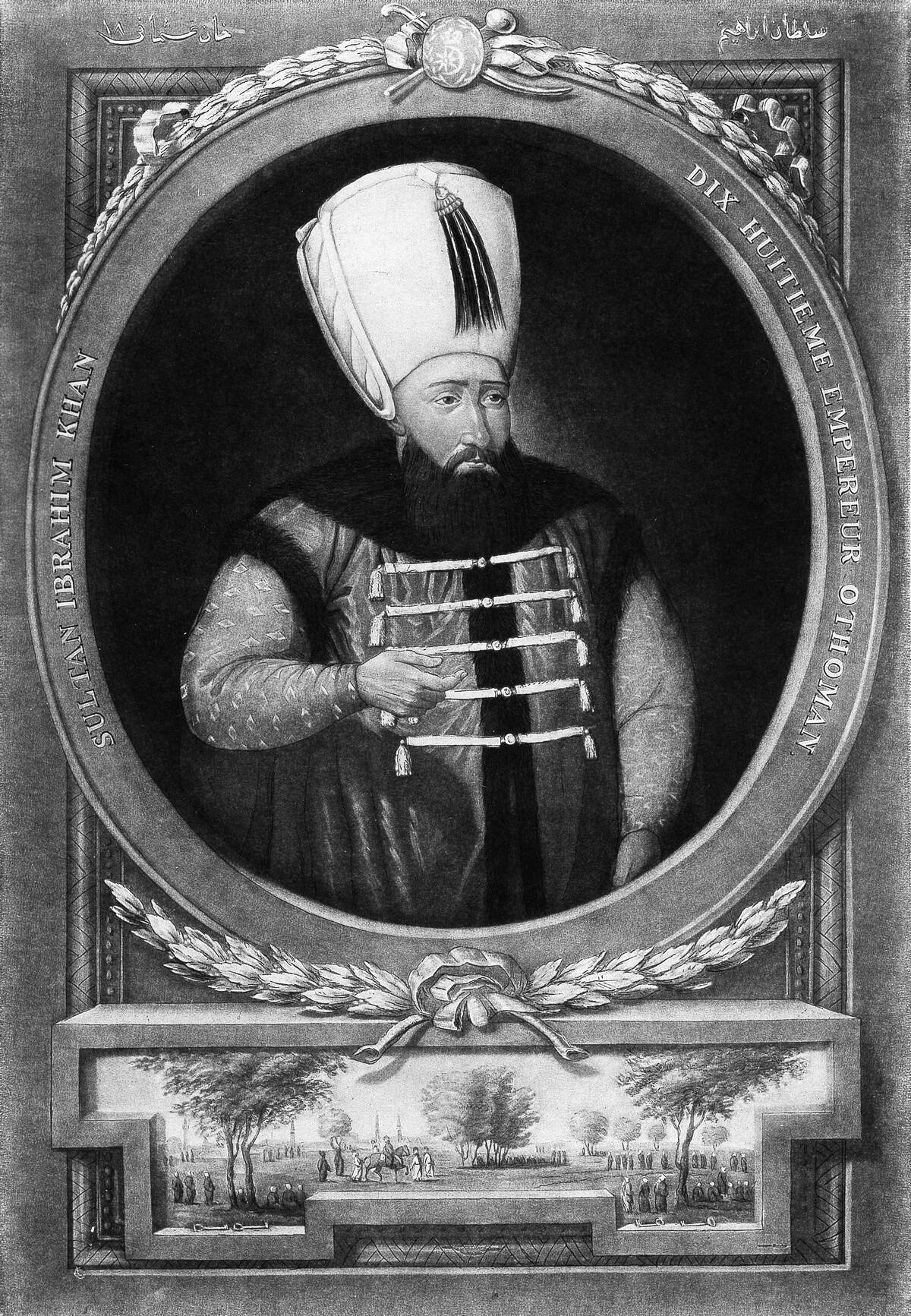
Sultan Ibrahim I, often called ‘Ibrahim the Mad,’ was notorious for his extravagant lifestyle and eccentricities. His reign was characterized by lavish spending and peculiar obsessions, including an infamous incident involving the drowning of his harem’s concubines. However, both that incident and his general mental instability are often now considered exaggerated (if not outright fabrications), and he’s more commonly considered incompetent than “mad” in recent times.
Ibrahim’s erratic rule led to economic instability and internal strife within the Ottoman Empire. Despite his short and turbulent reign, his legacy remains a cautionary tale of unchecked power and indulgence.
King Philip V of Spain: The King Who Couldn’t Escape His Melancholy
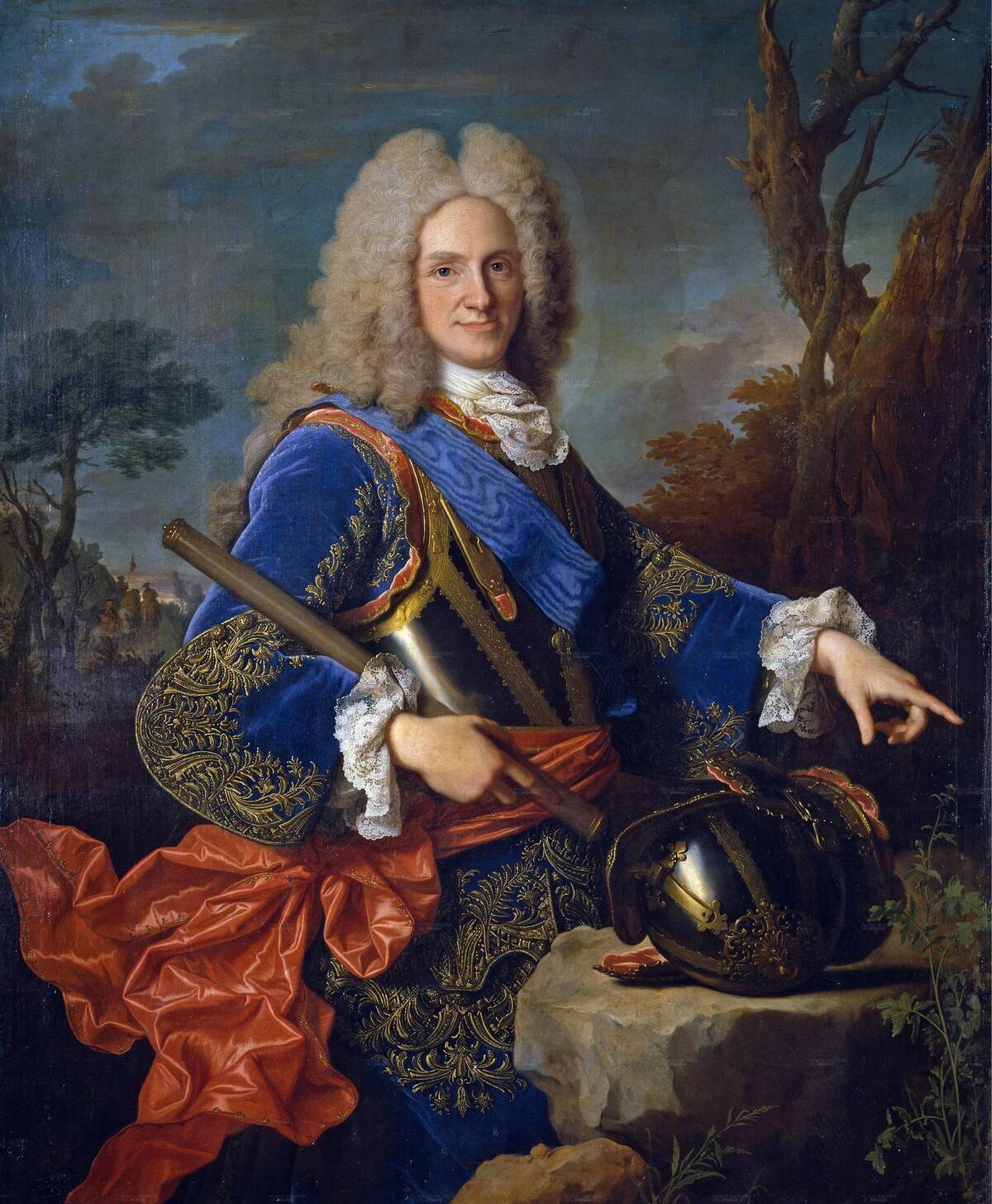
King Philip V of Spain struggled with severe depression throughout his reign, often retreating from royal duties. His mental health issues affected his governance, leading to his wife, Elisabeth Farnese, assuming greater control.
Despite his personal challenges, Philip’s reign included significant territorial gains in the War of the Spanish Succession. His legacy is marked by the Bourbon dynasty’s consolidation, a reminder of the complex interplay between personal struggles and political achievement.
King Charles II of Spain: The Bewitched King with a Strange Appearance
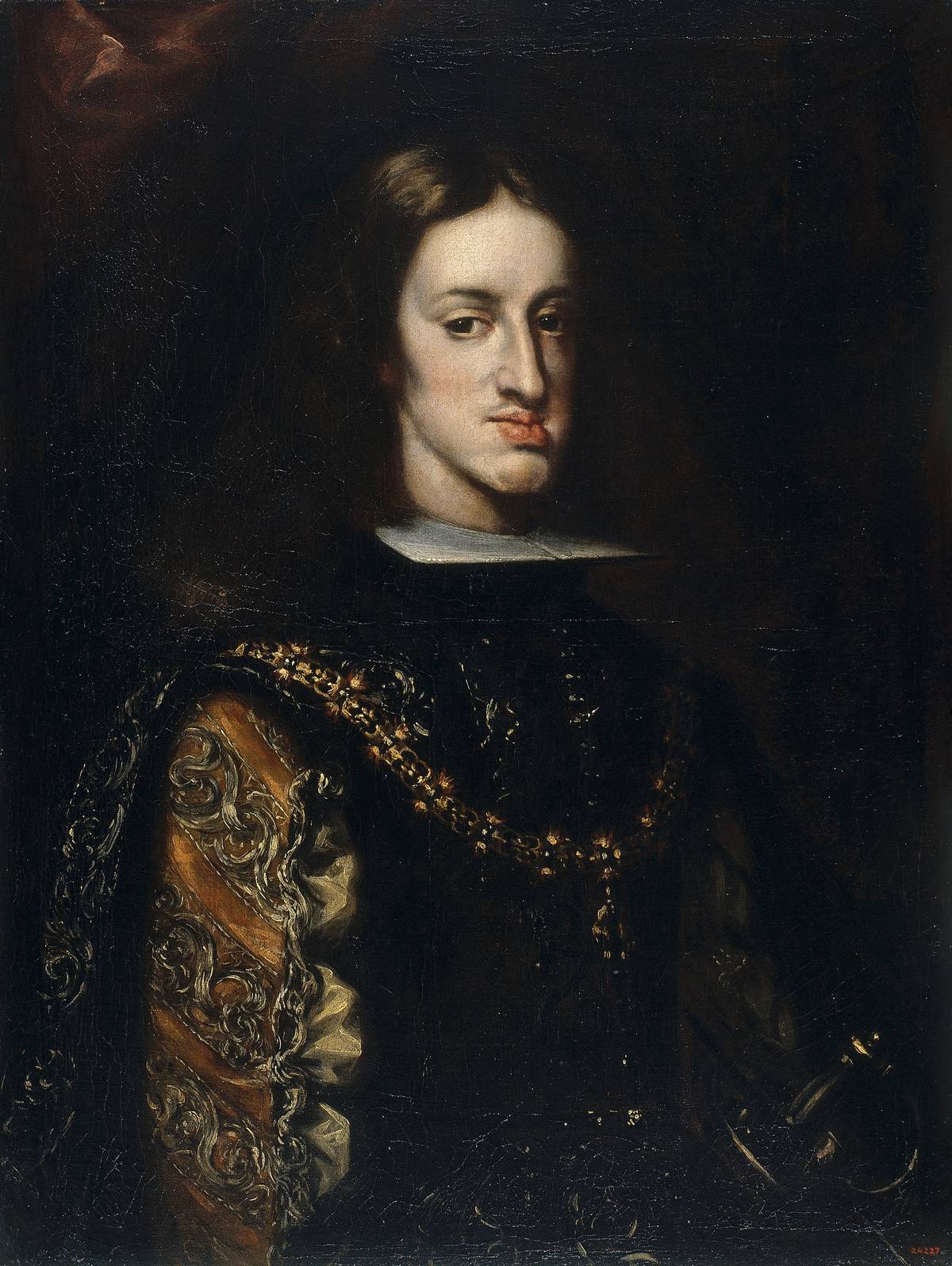
King Charles II of Spain, often referred to as ‘El Hechizado’ or ‘The Bewitched,’ was beset by severe physical and possible mental disabilities, likely due to Habsburg inbreeding. His inability to produce an heir led to political instability.
Charles’s reign saw the decline of Spanish power, culminating in the War of the Spanish Succession after his death. Despite his challenges, his reign is remembered for its cultural flourishes and the end of the Spanish Habsburg dynasty.
King Farouk of Egypt: The Playboy King with a Taste for the Finer Things
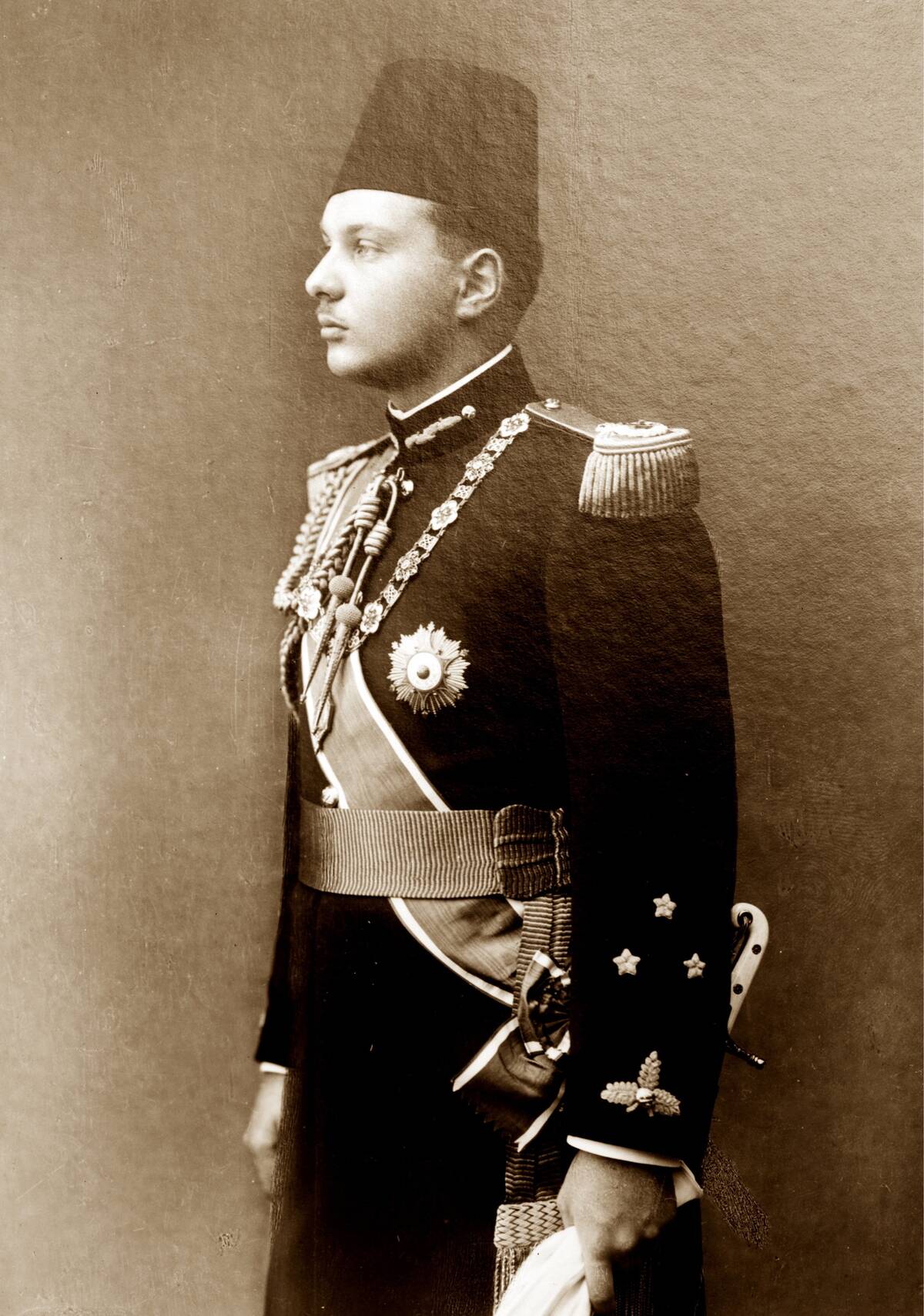
King Farouk of Egypt was known for his lavish lifestyle and fondness for luxury. His reign was marked by extravagant spending on collections of cars and stealing art and other items from Egypt’s elite during visits.
Farouk’s excessive lifestyle and political missteps contributed to his unpopularity, leading to the Egyptian Revolution of 1952.
Queen Maria I of Portugal: The Queen Who Lived in Constant Fear
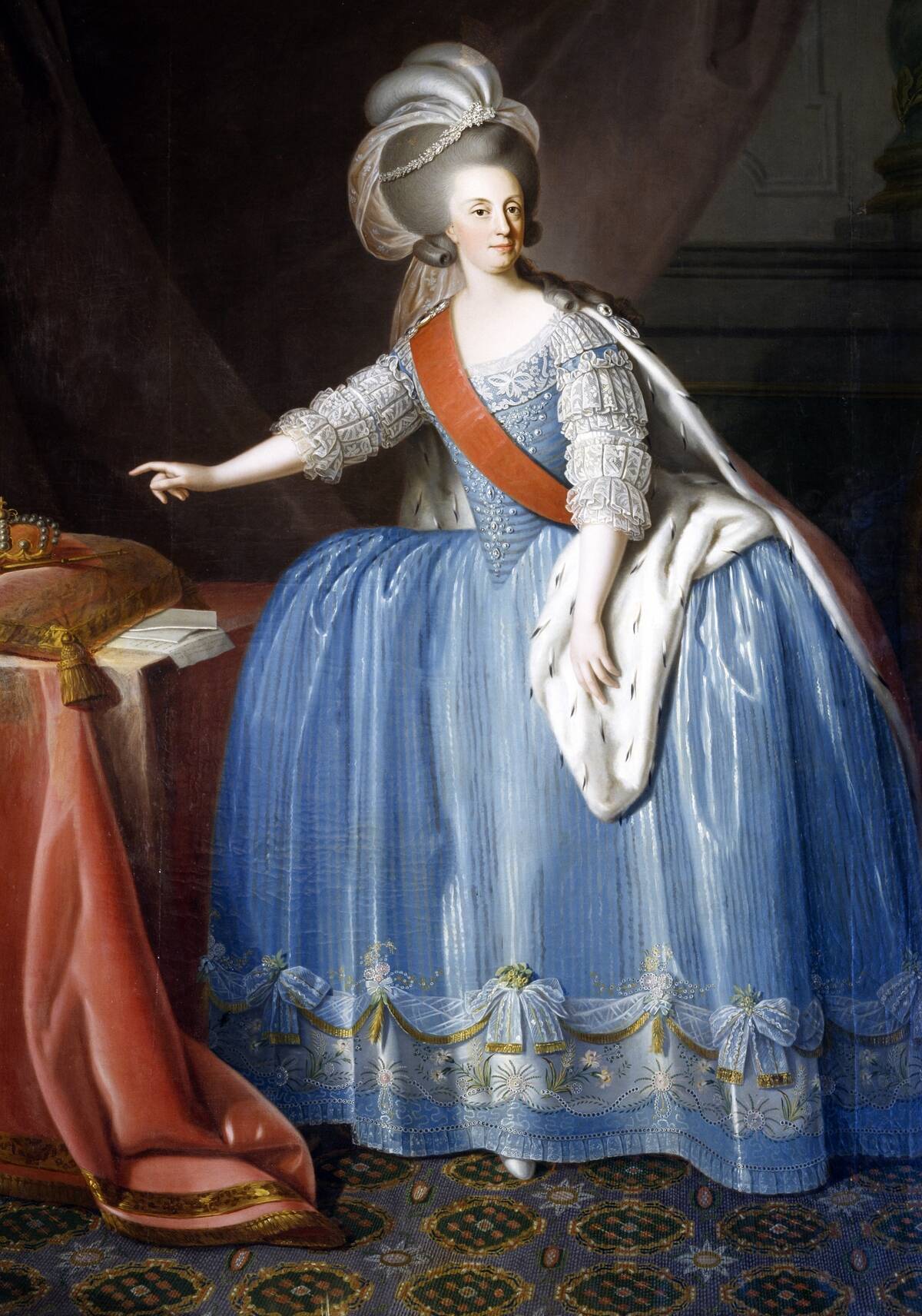
Queen Maria I of Portugal, known as ‘Maria the Pious,’ suffered from severe anxiety and religious mania, which worsened after the death of her husband and son. Her mental health struggles earned her the nickname ‘Maria the Mad’ later in life, especially in Brazil.
Her life reflects the delicate balance between personal tribulations and the responsibilities of a monarchy.
King John of England: The Infamous Monarch with a Notorious Reputation
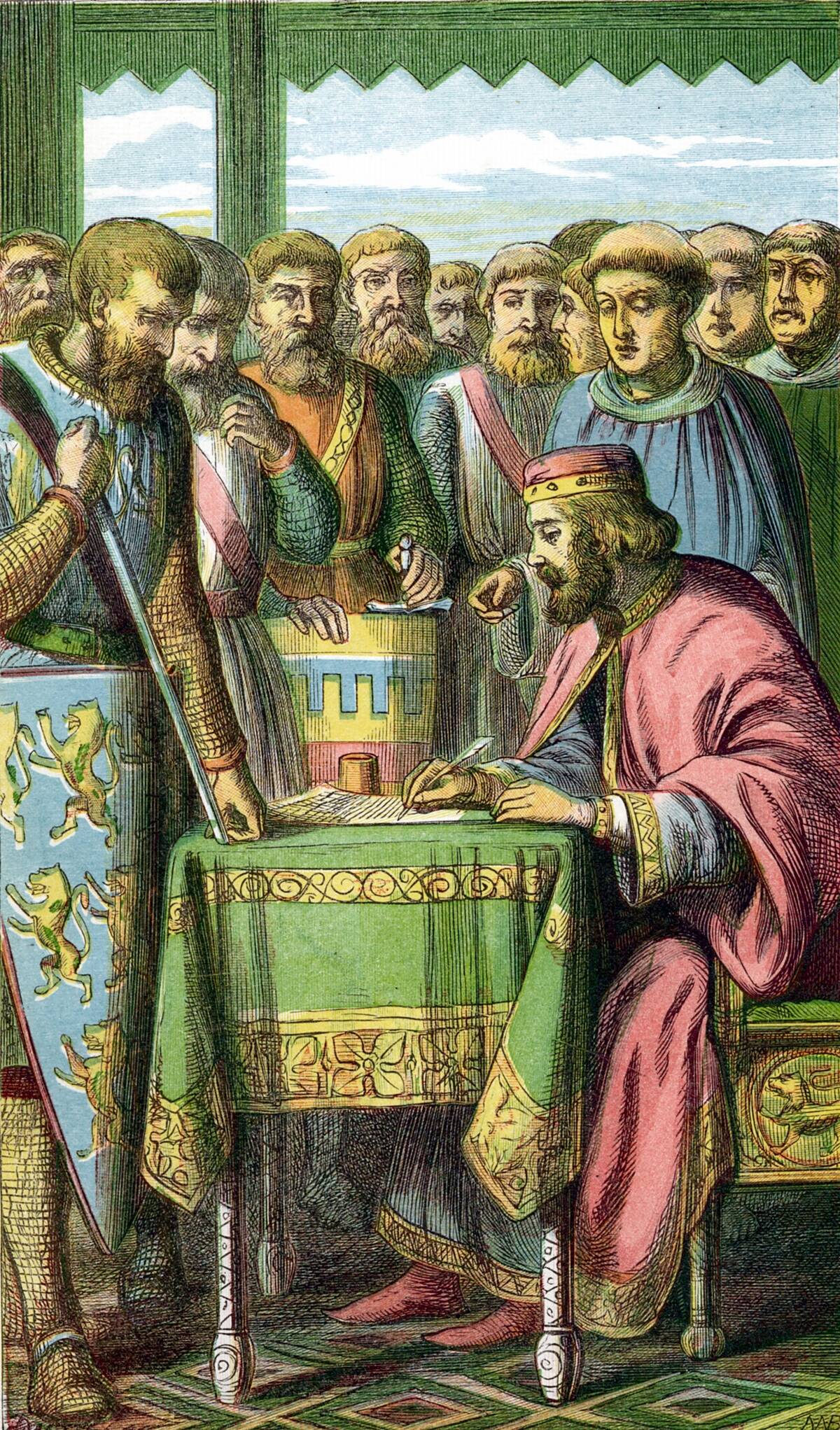
King John of England, often seen as one of history’s villainous monarchs, is best known for signing the Magna Carta in 1215. His reign was marked by military failures, heavy taxation, and disputes with his barons.
John’s mismanagement and conflicts led to the revolt that resulted in the Magna Carta, a foundational document for modern democracy. Despite his notorious reputation, John’s reign significantly shaped the course of English constitutional history.
King Heliogabalus of Rome: The Unconventional Youth with a Short Reign
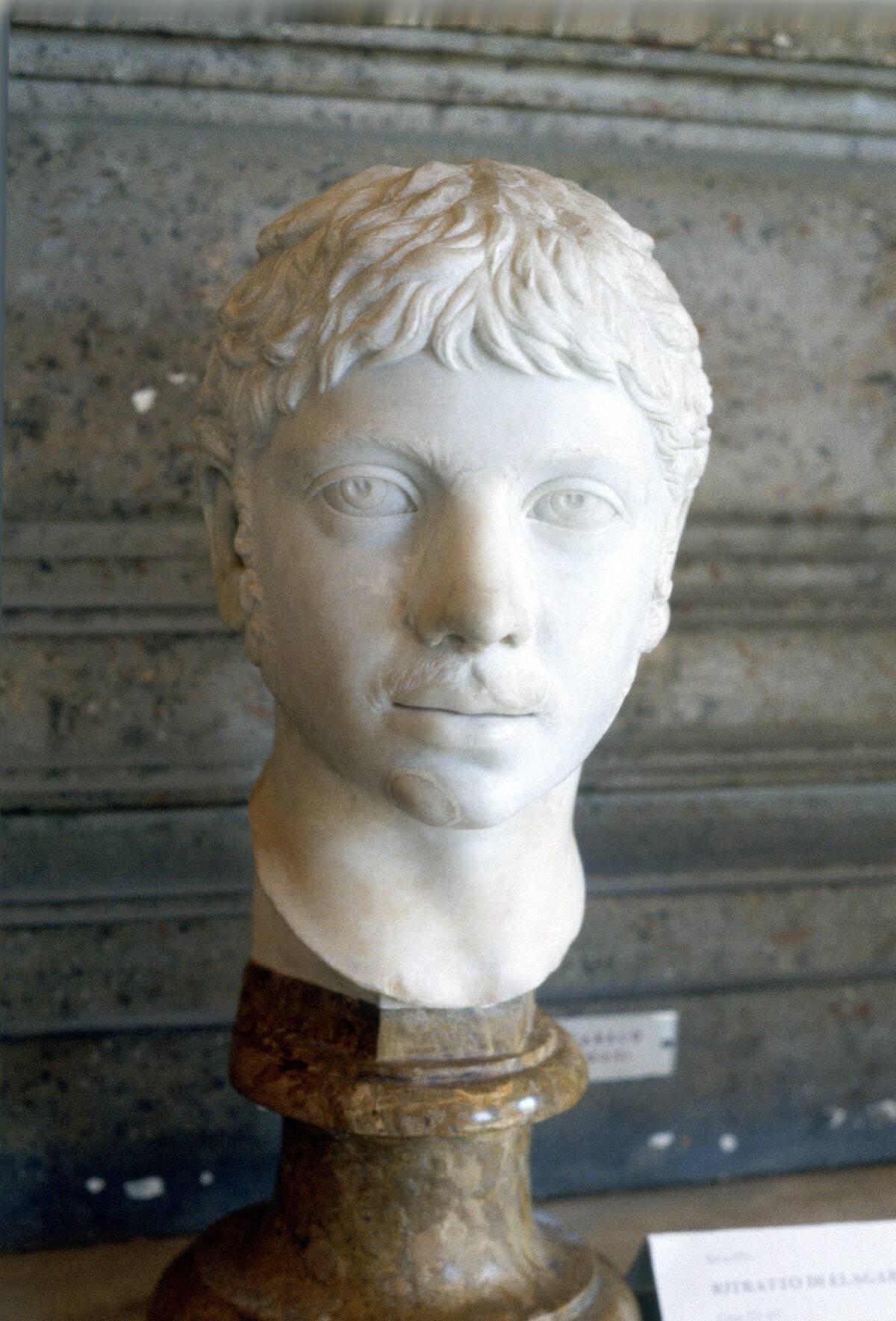
Heliogabalus, also known as Elagabalus, ascended the Roman throne as a teenager and quickly gained notoriety for his unconventional behavior. He challenged traditional Roman religious practices, famously promoting the worship of the sun god Elagabal.
His reign was characterized by lavish banquets and lascivious eccentricities, including marrying five times and holding elaborate festivals. Despite his short rule, Heliogabalus remains a symbol of youthful excess and the challenges of maintaining authority in ancient Rome.



